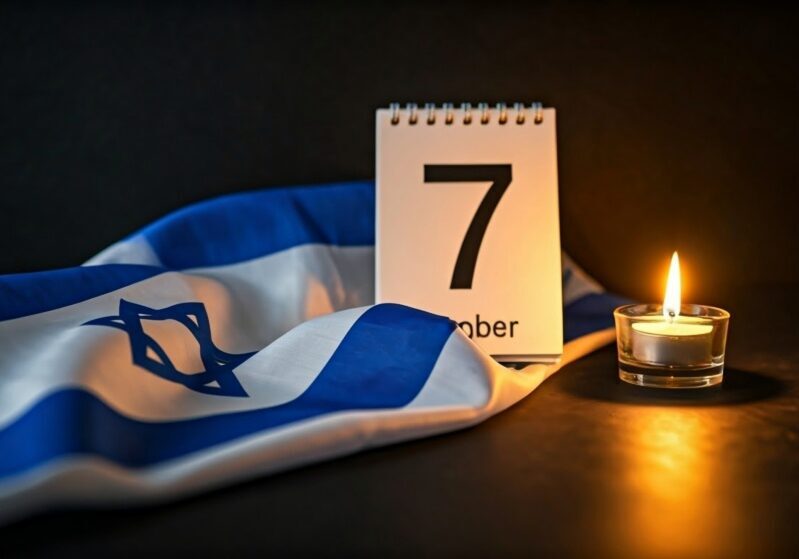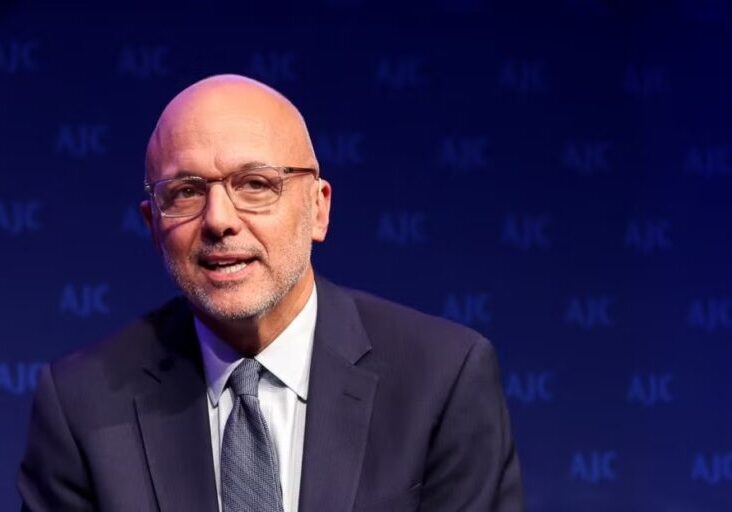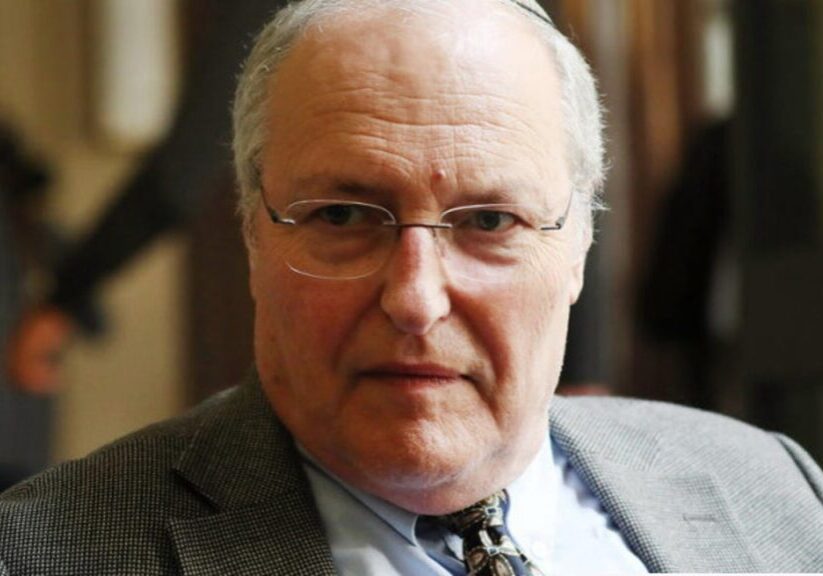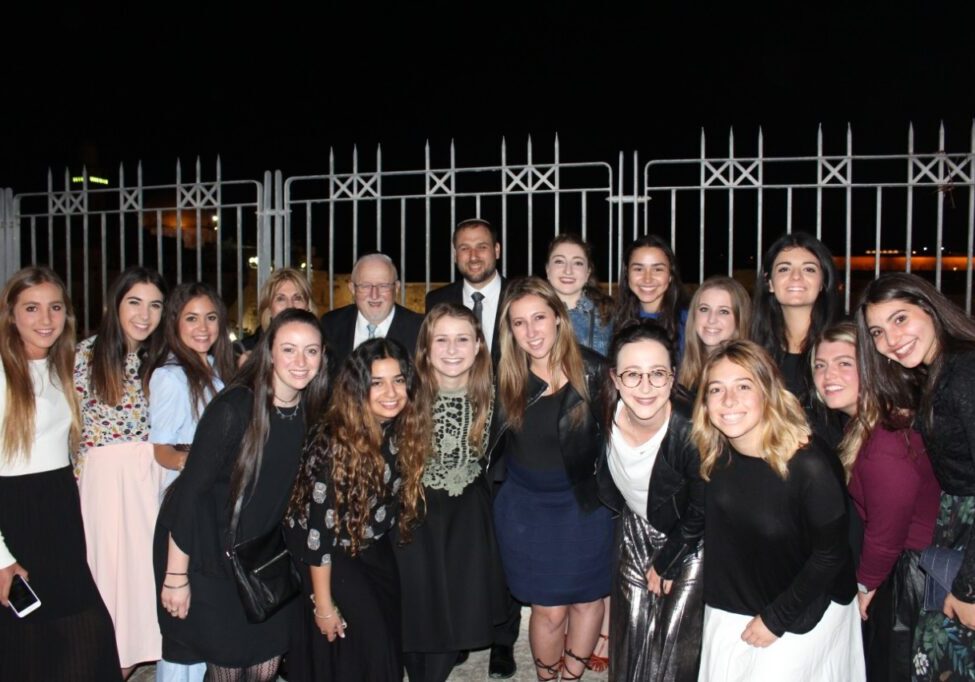Australia/Israel Review
The Last Word: Across the Jordan
Jun 24, 2008 | Jeremy Jones
Jeremy Jones
As the guiding spirit of the International Scholars’ Abrahamic Trialogue, Prof. Leonard Swidler of Temple University in Philadelphia has put his strong philosophical commitment to dialogue into action.
This year, I was one of 50 scholars, interfaith activists and business leaders from 20 countries who met under his leadership in Jordan. Our conference had a number of overlapping and mutually reinforcing aims and objectives.
Scholars who have been at the forefront of driving internal reflection within their respective faiths but are also committed to learning about and from scholars of other faiths exchanged ideas and discussed future projects.
Interfaith activists from Europe, North America, the Middle East and Asia/Pacific gave examples of how intellectual and philosophical concepts are played out in the reality of the encounters between cultures and peoples.
Business figures brought a pragmatic edge to the discussions which might otherwise have been lacking, as well as being living proof of the lack of natural tension between ethics and commerce.
Most impressive of all were the invited guests who were involved in joint projects, Arab and Israeli, Jewish, Muslim and Christian, to address serious social disadvantage.
Our host, Prince al-Hassan bin Talal, joined Prof. Swidler and Rabbi Irving (Yitz) Greenberg as discussants on a number of issues, adding experience, gravitas and his unique humour to the event.
The range of expertise and experience of the participants meant that every coffee break, bus ride or visit to a cultural institution was an opportunity for additional learning and debate.
The Jordanian participants were highly educated, with strong academic, business and political credentials. They had a good knowledge of Israel and, as one would expect, a range of views and attitudes towards various Israeli policies and personalities.
Unfortunately, a common theme in conversation with them was the strident opposition towards “normalisation” by important elements in Jordanian society, after 14 years of formal peace. The ferocity of opposition even towards cooperative projects that had as the sole beneficiaries disadvantaged Jordanians cast a shadow over an otherwise inspiring and uplifting conference.
Amman enjoys physical similarities to Jerusalem – the colour of the stones, the mixture of the modern with the traditional, the western Asian with the trans-Atlantic and, unfortunately, the security in place at shopping malls and hotels. Yet these accentuate the enormous differences in the way Jordan (established in 1946) and Israel (in 1948) have developed economically and politically.
Amman’s “downtown” has far more in common with underdeveloped cities than with Israel, and despite investment and aid money, there is striking poverty visible just a short distance from the city centre.
Travelling the road west of the capital, the traditional overwhelms the modern, and there is a fear that progressive ideas, such as interfaith dialogue, are also less developed and understood in the towns and villages.
Our generous and affable Christian Jordanian hosts were far from negative regarding their lives as members of a tiny minority of the population, but there was little opportunity to discern the basis and depth of the tolerance and acceptance of them by Jordanians in general.
The final evening of the conference commenced with a visit to Mt. Nebo, where we could see clearly, despite the haze and glare of the late-spring sun, the Dead Sea, the Jordan River and much of what remained of British Mandatory Palestine after 75% of that territory was ceded to become the Kingdom of Jordan.
To stand on Mt. Nebo is to be infused with feelings of history and connection to the Jewish people, who from here saw the Land of Israel before Joshua led their entry to it.
But it is also a place for reflection on the future, both of Israel and on the relations between peoples and culture and on the difficulties in creating the environment for peace in the Middle East.
The work of the Dialogue Institute, which convened the Trialogue, is invaluable in its own right, but is also a creative and vital element in promoting human values from which peace can grow.
Tags: International Jewry






